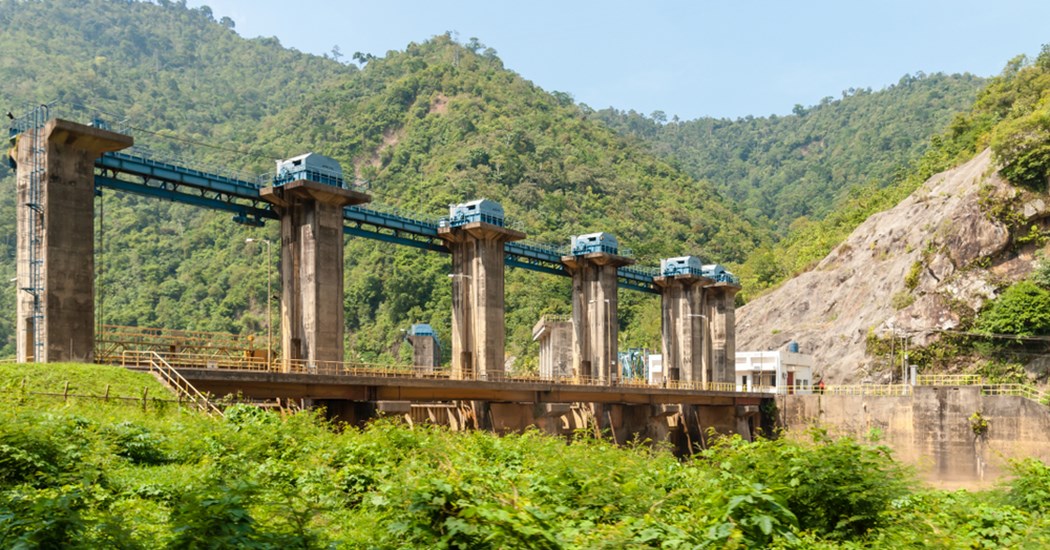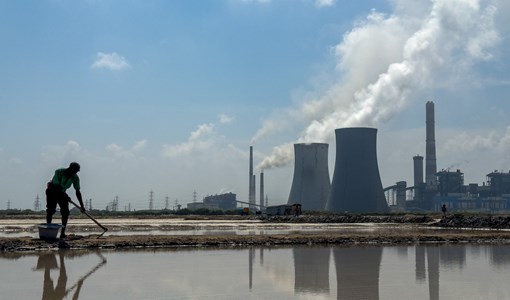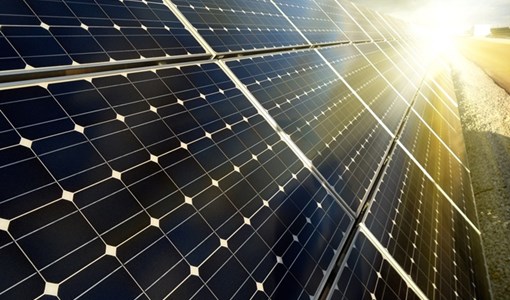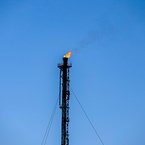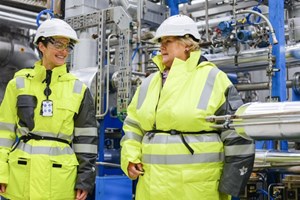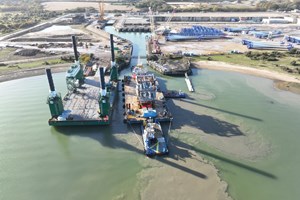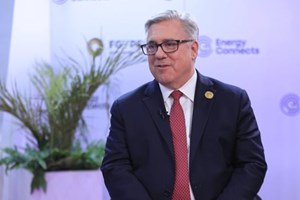SouthEast Asia must boost energy efficiency amid growing reliance on fossil fuels: IEA
Southeast Asian countries must find energy efficient solutions as demand is set to grow by around 3 percent a year to 2030, raising the CO2 emissions to 35 percent from 2020 levels, said the International Energy Agency in a new report on Tuesday.
The agency said that three-quarters of that increased demand will be met by fossil fuels; adding that without a strong policy action, the region’s net oil import bill, which previously was US $50 billion in 2020, will increase quickly if today’s commodities prices live through.
“Southeast Asia is an emerging heavyweight of global energy, and the speed of its economic development makes it even more essential that the region’s governments hasten efforts to transition to sustainable energy and that they get the international support they need to do so,” said IEA Executive Director Fatih Birol in a statement.
The agency said that the countries must make a total energy investment of up to US $190 billion a year by 2030 to meet the climate goals they have set. This is an increase from the US $70 billion a year between 2016 and 2020.
“ASEAN members could reduce financing costs and attract private investors by signalling their clear commitment to deploy low-carbon energy and by improving regulatory and financing frameworks,” said the agency in a statement,
The report discussed the states of Brunei Darussalam, Cambodia, Indonesia, Laos, Malaysia, Myanmar, the Philippines, Singapore, Thailand and Viet Nam.
These countries have previously announced ambitious goals to reach carbon neutrality and halt the reliance on coal-fired power.
KEEPING THE ENERGY INDUSTRY CONNECTED
Subscribe to our newsletter and get the best of Energy Connects directly to your inbox each week.
By subscribing, you agree to the processing of your personal data by dmg events as described in the Privacy Policy.
More renewables news

America’s Corn Belt Bristles at $8 Billion Lifeline
Apr 13, 2024
Generac Eyes Power Deals With $1 Billion to Spend
Apr 12, 2024
The Century-Old Transmission Line Is Getting a 21st Century Upgrade
Apr 12, 2024
The Airline Industry’s Biggest Climate Challenge: A Lack of Clean Fuel
Apr 11, 2024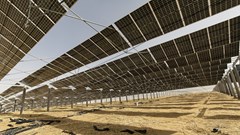
China Solar Silicon Falls to Lowest Since 2020 Amid Overcapacity
Apr 11, 2024
Australia Plans IRA-Style Act to Drive Green Manufacturing Tilt
Apr 10, 2024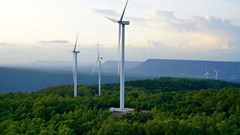
EU Weighs NATO Role to Shield Energy Links From Russian Attack
Apr 10, 2024
EU Shifts Attention to Industry in Push to Deliver Green Targets
Apr 10, 2024
Germany’s Lindner Wants More Combustion Engine Options Post-2035
Apr 10, 2024
UK Revises Sizewell Nuclear Deal to Ease Delay Concerns
Apr 09, 2024
Energy Workforce helps bridge the gender gap in the industry
Mar 08, 2024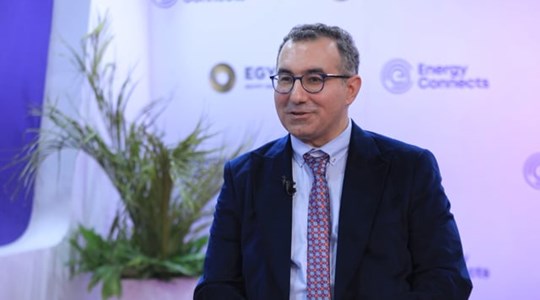
EGYPES Climatech champion on a mission to combat climate change
Mar 04, 2024
Fertiglobe’s sustainability journey
Feb 29, 2024
Neway sees strong growth in Africa
Feb 27, 2024
P&O Maritime Logistics pushing for greater decarbonisation
Feb 27, 2024
Oil India charts the course to ambitious energy growth
Jan 25, 2024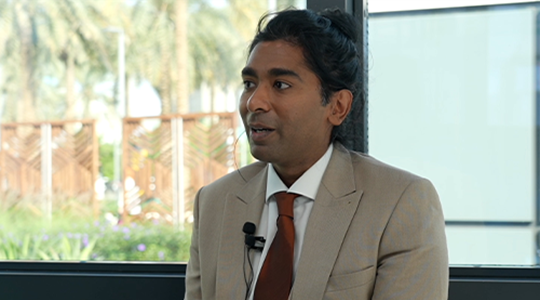
Maritime sector is stepping up to the challenges of decarbonisation
Jan 08, 2024
COP28: turning transition challenges into clean energy opportunities
Dec 08, 2023
Why 2030 is a pivotal year in the race to net zero
Oct 26, 2023
Low carbon hydrogen holds the key to achieving net zero
Sep 29, 2023Partner content

Ebara Elliott Energy offers a range of products for a sustainable energy economy

Essar outlines how its CBM contribution is bolstering for India’s energy landscape

Positioning petrochemicals market in the emerging circular economy

Navigating markets and creating significant regional opportunities with Spectrum


